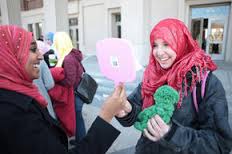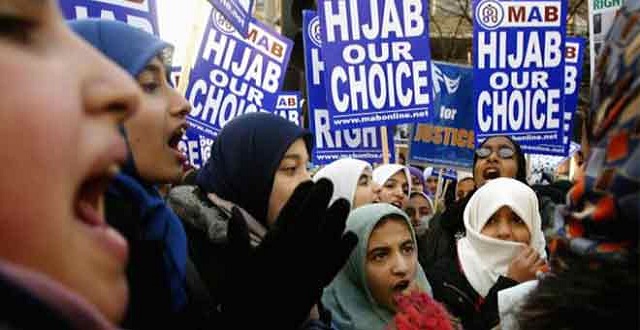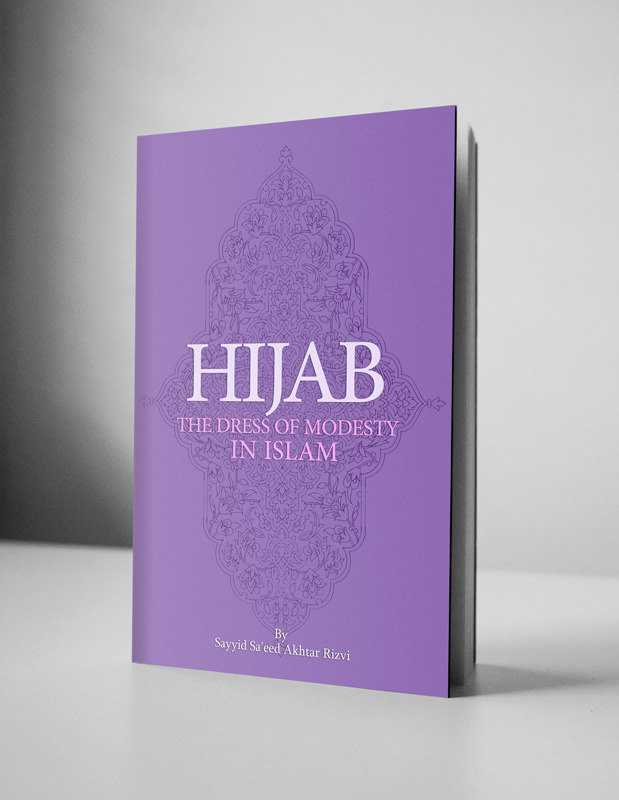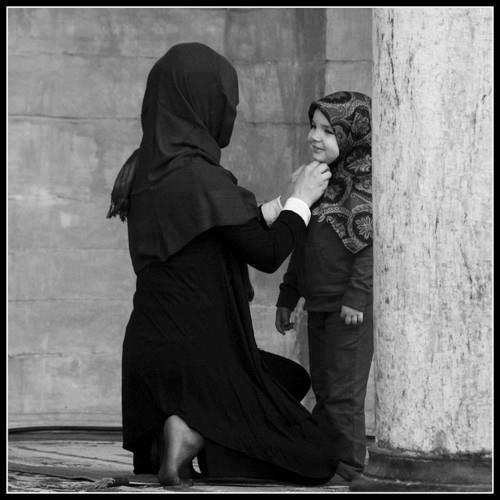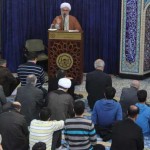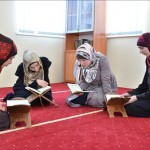Indian Muslim Denied Entry to Class for Hijab
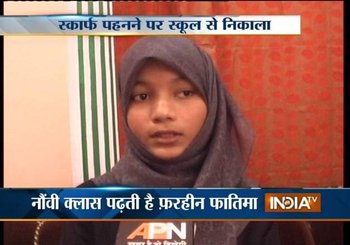 A private school in the northern Indian state of Uttar Pradesh denied entry to a Muslim girl in the classroom for wearing a hijab, with the school’s administration claiming the decision was taken not to discriminate between children on the basis of dress.
A private school in the northern Indian state of Uttar Pradesh denied entry to a Muslim girl in the classroom for wearing a hijab, with the school’s administration claiming the decision was taken not to discriminate between children on the basis of dress.
“Many girls want to study and practice their religion by wearing the hijab, but face a lot of difficulty in schools,” Nahid Lari, member of Uttar Pradesh Commission for Protection of Child Rights, said.
“They discriminate with Muslim girls by not allowing them to wear a headscarf.”
The dilemma started when 9-year-old Farheen Fatima could not sit inside her classroom in St. Joseph Inter College in Lucknow town as the school administration denied her entry while wearing headscarf.
Farheen also told that the school is being run by a Hindu family and not by Christian missionaries.
“The school has its own dress code. And there should not be any discrimination on the basis of religion in the school. We are not concerned about the religion of our students,” N. Emenuel, principal of the school, said.
“Farheen and her parents were informed about dress code in the school at the time of admission.”
However, Farheen and her mother stated that they were not informed about dress code banning hijab during the admission process.
“She was wearing headscarf at the time of admission process. Her photograph with headscarf was affixed even on her admission form,” said Waqar Fatima, mother of Farheen.
“They should have told us earlier that she will not be allowed with a headscarf in the school.”
Farheen informed that she was not allowed to go inside the classroom, the very next day of her admission.
She spent her whole day sitting inside the library, only to be asked to call her parents on the next day.
They were informed that Farheen will only be allowed to sit inside the classroom without her headscarf.
“We gave an application to the school administration asking them to allow Farheen to attend classes wearing her headscarf,” her mother added.
“They never replied to our letter. The school principal even refused to give anything in writing on dress code.”
Another School
As the new went viral, Lari, visited the school and inquired from other students about Farheen’s headscarf.
She asked them whether they feel discriminated because of the presence of Farheen in the school.
“Not a single student said they had any problem with Farheen wearing headscarf,” Lari said.
Farheen’s family has now decided their daughter will transfer to another school.
But, the commission has recommended harsh action against school management.
District Collector of Lucknow Raj Shekhar has ordered an inquiry against the school.
The incident of banning Muslim students due to their religious beliefs is not the first in India.
In 2009, the Supreme Court of India directed a Christian school based in central India to reinstate a class 10 Muslim student, Mohammed Salim, who was sacked after he refused to shave insisting it was part of his religious belief.
Muslims account for 180 million of India’s 1.1 billion people, the world’s third-largest Islamic population after those of Indonesia and Pakistan.
Islam sees hijab as an obligatory code of dress, not a religious symbol displaying one’s affiliations.
Muslims have long complained of being discriminated against in all walks of life in Hindu-majority India.
Official figures indicate that Muslims, who make up around 13 percent of India’s population, are lagging behind in literacy.
Muslims also complain of being discriminated against in jobs.
They account for less than seven percent of public service employees, only five percent of railways workers, around four percent of banking employees, and there are only 29,000 Muslims in India’s 1.3 million-strong military.
Source : On Islam

